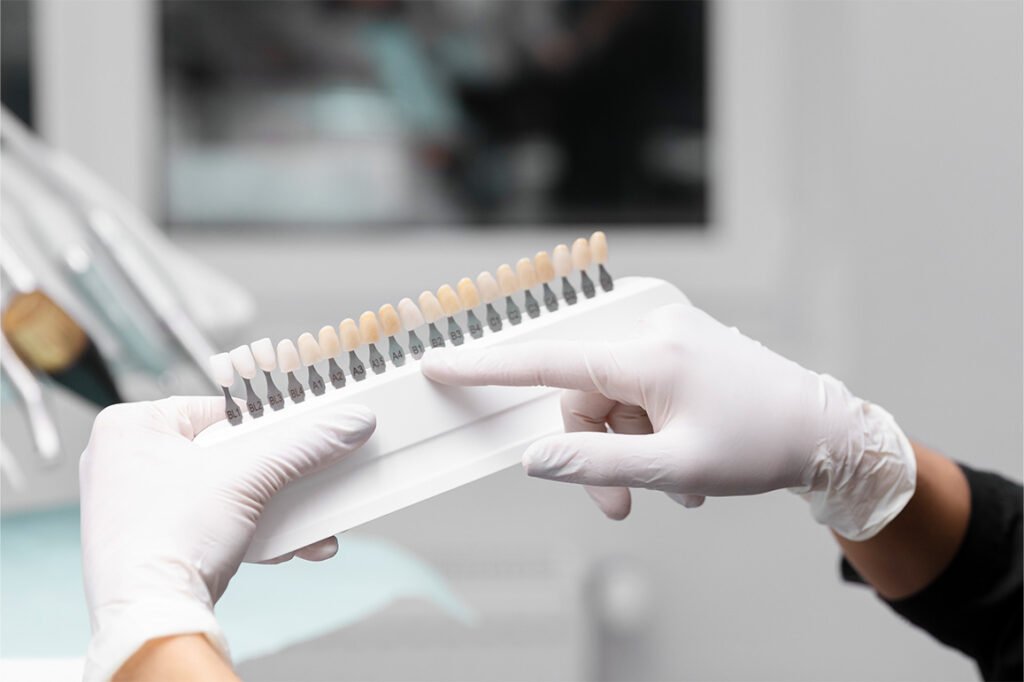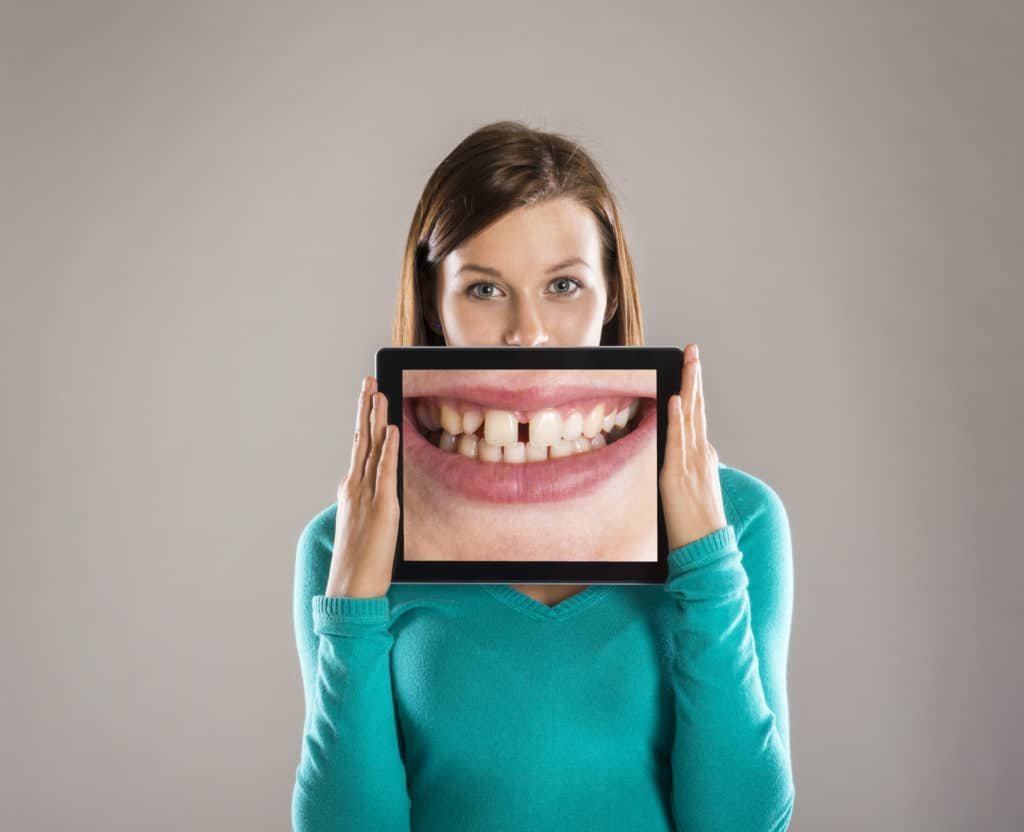A dental crown is a custom-made cap designed to restore a tooth that has become weak, cracked, misshapen, or damaged. Acting like a protective shell, it covers the entire tooth to bring back its natural look, strength, and functionality.
Crowns are typically made from durable materials such as porcelain, ceramic, metal alloys, or a combination of these. They can be shaped and shaded to match your natural teeth, ensuring a seamless smile. Once placed, a crown allows you to eat, speak, and smile comfortably while boosting confidence by improving the appearance of your teeth.
When Do You Need a Dental Crown?
Dental crowns are recommended for teeth that are chipped, fractured, worn down, or weakened by decay. They are especially common after a root canal, as these treated teeth tend to become fragile. Crowns provide reinforcement to protect and stabilize the tooth, helping it remain strong and functional for years.
How Is a Dental Crown Made and Fitted?
The process begins with a consultation at the best dental clinic, where your dentist will examine your tooth and determine if a crown is the ideal solution.
- Tooth Preparation: A small portion of the tooth is trimmed to make room for the crown.
- Impression: Molds of your tooth are taken and sent to a dental lab to create a permanent crown.
- Crown Placement: Your dentist checks the crown’s shape, color, and fit, then cements it securely in place.
Some modern clinics even offer same-day crowns using digital scanning and milling technology, reducing multiple appointments.
Benefits of Dental Crowns
- Restored Function: Crowns help you chew, bite, and speak naturally by strengthening weakened teeth.
- Enhanced Appearance: They cover damaged or discolored teeth with a natural-looking surface.
- Post-Root Canal Protection: Crowns protect fragile teeth from further damage or fractures.
- Protection for Sensitive Teeth: Safeguard exposed roots and reduce the risk of infection.
- Longevity: For older adults, crowns can preserve natural teeth and reduce the need for dentures.
Additionally, maintaining regular dental cleaning can prolong the life of your crowns and support overall oral health. Crowns can also complement other treatments like bad breath treatment, helping you maintain both a healthy and confident smile.
Final Thoughts
If you have weak, broken, or damaged teeth, consult a dentist about whether a dental crown is right for you. It’s a reliable, long-lasting solution that restores both the functionality and beauty of your smile, allowing you to eat, speak, and smile with confidence.



